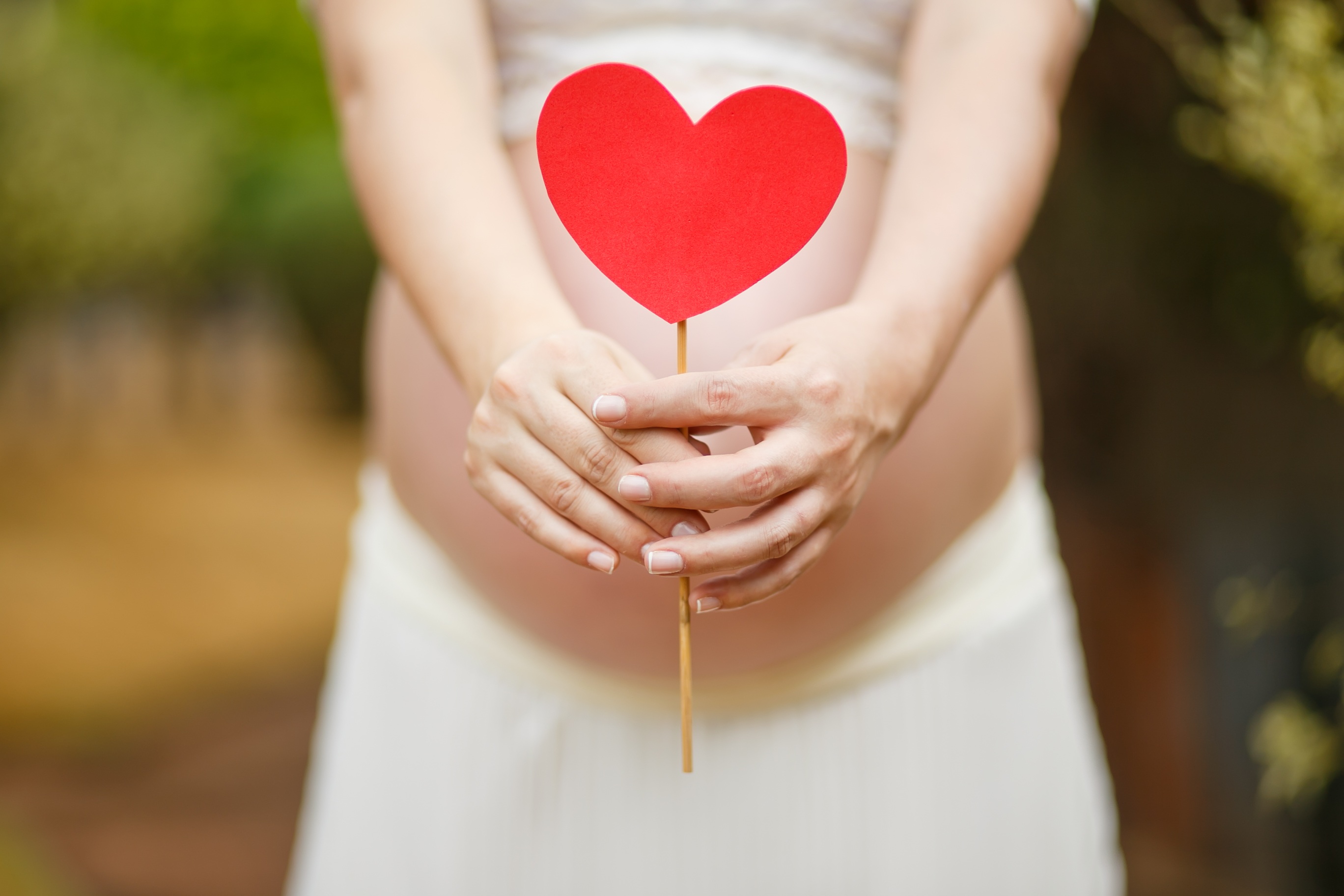Transitions are always hard for me, no matter how big or small. Even the “good” transitions, those after which life should be better, can be challenging. For example, moving to a new city was simultaneously exciting and lonely. Starting a new job was refreshing and scary. The same applied for pregnancy, which for most of us is a 10-month long transition into motherhood.
I got pregnant towards the end of my meditation teacher’s training. We found out the day I got back from my last meditation retreat. I was ecstatic of course. But I also knew there were going to be changes, physically and emotionally, that I can’t prepare myself for. So I made an intention to meditate everyday in the hopes that it would help me manage the transition better.
As all moms know, pregnancy can be full of joy and difficulty. It changes your physical, emotional and mental bodies in ways that you just can’t imagine or control. The growing belly is the least of your problems. It’s the “other” stuff, the many forms of physical discomfort, inability to sleep, the hormones and the emotional rollercoasters they bring you on, that can suck. These are things that you can’t fully prepare yourself for.
I meditated almost everyday through my first pregnancy. Even though I can’t scientifically prove it, I know that a regular meditation practice was the most important factor in my experiencing the transition of pregnancy with greater emotional ease. It helped me be more confident, strong and resilient.
There are many contributing factors to a healthy pregnancy, including exercise (which I did a lot of), diet (I followed a somewhat healthy diet), genetics, medical care, and environment. What is also extremely important though is a healthy psyche and mind. Meditation is one of the best and easiest tools to keep your mind healthy during this important transition.
Here’s how mindfulness meditation helped me.
1. Cope with fears related to pregnancy: Like all first-time moms, I worried about miscarrying, problems during pregnancy, childbirth and taking care of a newborn. I read books, articles, attended childbirth classes to allay the fears. But even then there were so many unknowns! Having a regular meditation practice helped me be more present and worry less about the future on a day-to-day basis.
While there aren’t many studies done on mindfulness and pregnancy yet, one recent study published in BMC Pregnancy and Birth indicated that women who took a class in various mindfulness techniques felt better prepared for birth and experienced less prenatal and postpartum depression and anxiety symptoms.
2. Enjoy my pregnancy: Mindfulness shows us that nothing is permanent in life. We learn through practice the fleeting nature of everything because no moment is the same as the previous. I won’t lie, the first trimester was hard. I was nauseous and bone tired all the time. But my daily practice was a good reminder that this too is a temporary state. That realization made the physical symptoms easier to deal with. During the second and third trimester when I wasn’t feeling so awful, the practice of anchoring in the here and now actually helped me enjoy the pregnancy and appreciate how magical the experience is. I was growing a baby inside my belly!
3. Emotional Ease. We all already have daily stressors in our lives from relationships, jobs, finances, etc. Throw on pregnancy, it’s hormones and the stress levels can sky rocket. If you’ve spontaneously cried, had mood swings, or felt depressed during your pregnancy, then you’re not alone. Most of us want to keep stress levels at bay during this time. A regular meditation practice did just that for me and created more overall emotional ease. How?
In mindfulness meditation, we practice being less reactive to our thoughts and feelings, and pausing before responding to a stimuli. Eventually we can learn to disengage from our habitual patterns of reactivity and deal with situations with more ease and clarity.
A recent study in Frontiers in Neuroscience showed that just 20 minutes of meditation can reduce brain reactivity. Researchers displayed disturbing images to subjects and found that those who are naturally more mindful have less emotional reactivity than others and thus faster recovery. They also found that even novices and people who are less inclined to be mindful had less emotional reactivity after just a short meditation.
4. Self-compassion: This was the greatest benefit for me. Bottom line for pregnancy is that while most of us are excited about being pregnant, it can be really difficult. Our bodies get bigger, which can be a source of negative self-talk. The emotions and the inability to control them can make us feel like a crazy person and lead to self-criticism. Thus, there is no better time to practice self-compassion. A core practice in mindfulness meditation is non-judgement, about ourselves and what’s happening around us in the present moment. I learned to replace my usual lens of judgement and replace it with a lens of kindness and compassion. Being kind and accepting of all that comes with pregnancy can take the edge out of the difficulties. Self-compassion during pregnancy is the best gift you can give your unborn child.
Coping with the fear of uncertainty, learning to enjoy the process, having more emotional ease, and being more self-compassionate, these are just some of the benefits that a regular mindfulness meditation practice can provide during a tough transition. It’s a tool that I’ve been able to use again and again. And let’s face, life sometimes feels like just one long transition.


